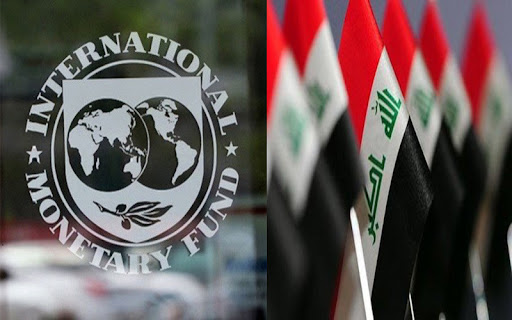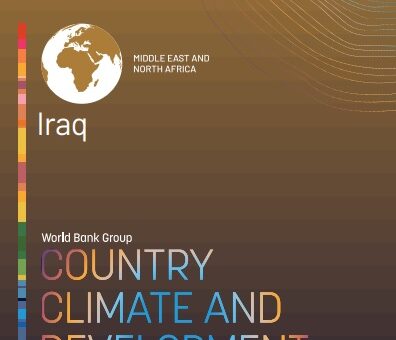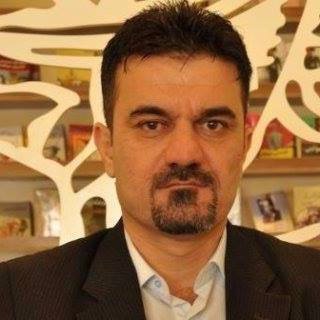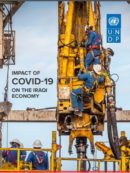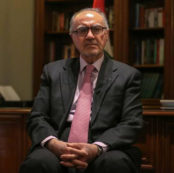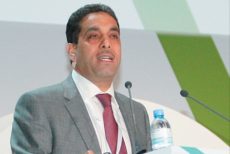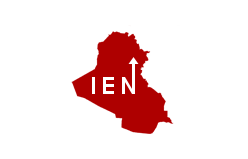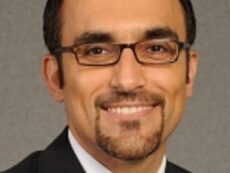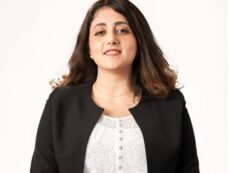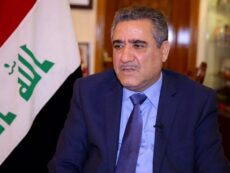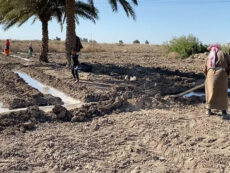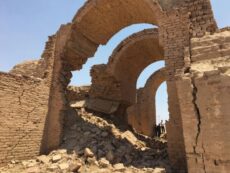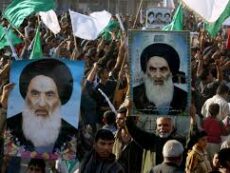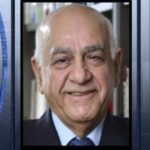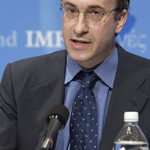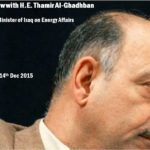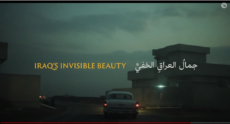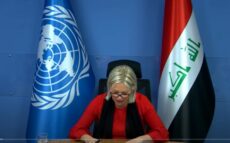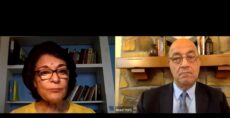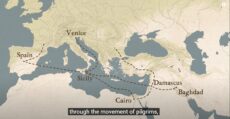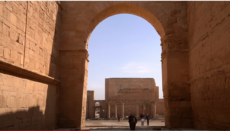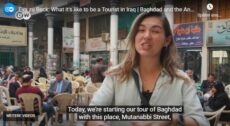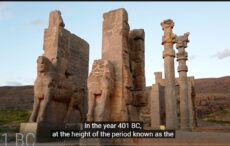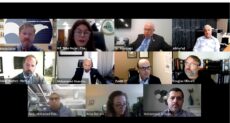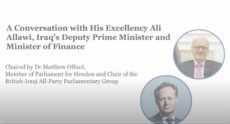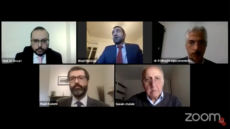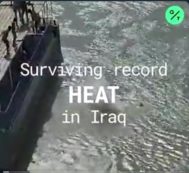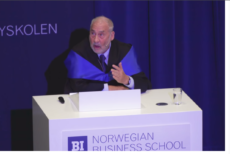Twelve months of high drama in Iraqi politics finally ended on October 27, with the investiture of a new government headed by Mohammed Shia’ al-Sudani. Two weeks prior, the Iraqi parliament elected Abdul Latif Rashid as the country’s president following his nomination by the Kurdistan Democratic Party (KDP) to succeed Barham Salih of the Patriotic Union of Kurdistan (PUK). Thes
Read MoreClimate Change Inaction Threatens Iraq’s Social Stability and Long-Term Economic Development Prospects Baghdad, Nov 9, 2022 – Climate change, in particular increasing water scarcity, could further threaten Iraq’s fragile social contract under an oil-led growth model that has been a source of economic volatility. According to the new World Bank Group’s Country Climate and Dev
Read MoreAlthough Iraq stands to gain significant revenues from an oil windfall, urgent reforms are needed to ensure these funds benefit the people, not just the elites. After a full year of political stalemate and fierce power struggles, Iraq’s ruling elite have finally managed to form a government led by Mohammed Shia' al-Sudani. Thanks to the surge in international crude oil price
Read MoreThe World Bank’s new Iraq Economic Monitor, A New Opportunity to Reform finds that high oil prices have boded well for Iraq’s economy pushing fiscal and external balance into double digit surpluses. After growing by 2.8 percent in 2021, GDP growth accelerate in the first half of 2022 to 10.5 percent thanks to rising oil output and a recovery in domestic economic activity after
Read MoreHigher oil prices, by softening budget constraints for energy producers in the Middle East and North Africa, may reduce the incentive for major economic reforms. But the region’s oil importers, facing renewed risks to social and political stability from rising costs, must contend with much greater challenges. LONDON – The soaring commodity prices affecting developing countri
Read More



